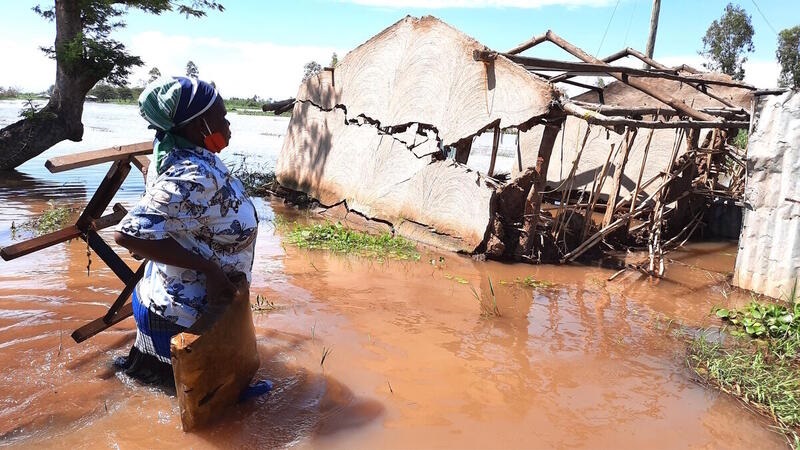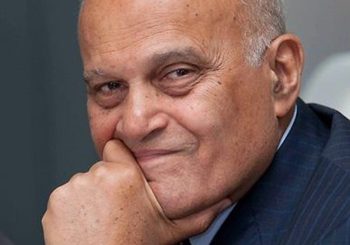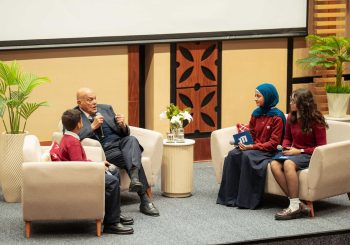Intense negotiations on the loss and damages fund concluded in Abu Dhabi on Saturday, 4 November, with participants agreeing to designate the World Bank as a temporary host for the fund over the next four years.
The fifth meeting of the Transitional Committee, a core group of negotiators representing the interests of both developed and developing countries, avoided a deadlock in finalizing the terms of the proposal before the upcoming COP28 climate summit. Although a major milestone, concerns have arisen on both sides.
The loss and damage fund, initially agreed upon in principle at last year’s COP27 in Sharm El Sheikh, Egypt, represents a significant step in climate policy. The demand for an entity assisting nations severely affected by climate change consequences has been a focal point in U.N. climate talks for the past 30 years.
Daniel Lund, the negotiator for Fiji, commented, “It wasn’t the text we wanted, but the alternative was nothing.”
The proposal “urges” developed nations to lead in providing capital for the fund and “invites” contributions from other countries and funding channels, including carbon markets.
This implies that no country would be legally mandated to contribute to the fund, representing a challenging compromise. Developing nations contend that affluent countries, primarily responsible for historical carbon emissions driving climate change, should be obligated to contribute—a stance opposed by the United States and other wealthy nations.
As the second day of talks unfolded, negotiators engaged in discussions over wording and punctuation, particularly in the section addressing countries’ financial obligations to the fund. A representative from the U.S. State Department informed Reuters that the United States had attempted, without success, to include a footnote in the text to explicitly state that any contribution to the fund would be voluntary.
Despite resistance from developed countries, the negotiations aimed to shape this agreement into a functional fund, solidifying loss and damage as a crucial part of climate policy and introducing a new avenue for accountability.
Avinash Persaud, a special envoy to Barbados Prime Minister Mia Mottley on climate finance, described the agreement as “a challenging but critical outcome” and emphasized that success can be measured in the “equality of discomfort.”
Mohamed Nasr, the lead negotiator from Egypt, acknowledged the agreement’s shortcomings, particularly regarding the scale, sources of funding, and acknowledgment of costs incurred by developing countries.
The European Union, a major source of climate finance, is already preparing to contribute to the fund. Jennifer Morgan, Climate Envoy for Germany, indicated Berlin’s contribution commitment.
Nasr emphasized the importance of such pledges for the overall COP28 negotiations. He warned that failure by affluent nations to fulfill commitments could revive age-old disputes, with poorer nations demanding “compensation” for climate change or refusing to accelerate emissions cuts without increased financial support.
The Abu Dhabi agreement outlines fundamental objectives for the fund, including its scheduled launch in 2024. Nearly 200 governments are set to consider and approve the proposal during the annual U.N. climate summit, COP28, scheduled to take place from Nov. 30 to Dec. 12 in Dubai.







Comments (2)
[…] Intense negotiations on the loss and damages fund concluded in Abu Dhabi on Saturday, 4 November, with participants agreeing to designate the World Bank as a temporary host for the fund over the next four years. The fifth meeting of the Transitional Committee, a core group of negotiators representing the interests of both developed and […]The post Stalemate Over Loss and Damage Fund Breaks Days Before COP28 in Dubai first appeared on Egyptian Streets…Read More […]
[…] post Stalemate Over Loss and Damage Fund Breaks Days Before COP28 in Dubai first appeared on Egyptian […]